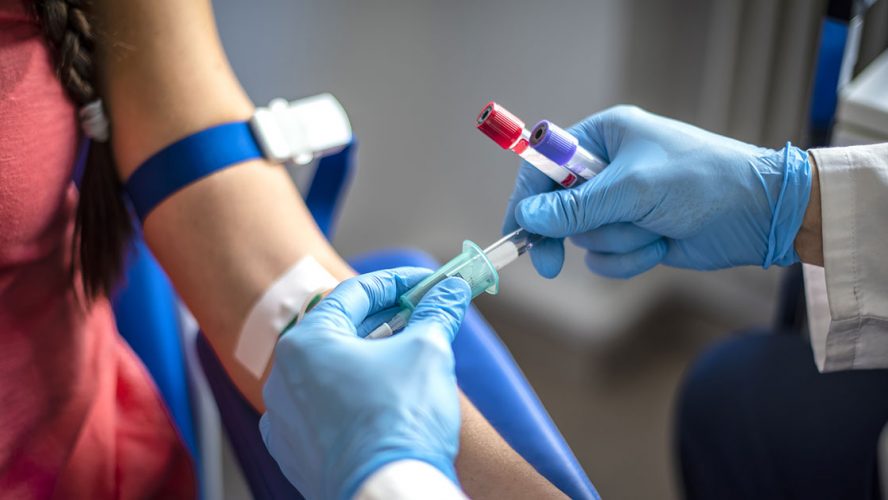
Cary James
International donors can’t wait to join the fight to eliminate hepatitis. Without their support, low- and middle-income countries face the burden of expensive treatment for liver cancer.
Viral hepatitis is one of the most neglected global health crises of our time. Globally, it is the leading cause of liver cancer, and it claims over a million lives every year. However, we do have a vaccine and effective treatments against hepatitis B and a cure for hepatitis C. These tools combined with prevention and testing strategies mean we have the opportunity to eliminate viral hepatitis as a global public health threat, which will save millions of lives.
For too long hepatitis elimination efforts have been under funded, not prioritised, and poorly resourced. The COVID-19 pandemic has set the world back even further from achieving the elimination of viral hepatitis by 2030, which was a target set by the World Health Organization in 2016.
A pressing need
With a person dying every 30 seconds from a hepatitis related illness, we can’t wait to act on viral hepatitis — even while we are in the current COVID-19 crisis. The 290 million people who are unaware that they are living with viral hepatitis can’t waitfor testing. People living with hepatitis can’t waitfor life-saving treatments. Expectant mothers can’t wait for hepatitis screening and treatment. New-born babies can’t waitfor the hepatitis B birth-dose vaccination. And people affected by hepatitis can’t waitto end the associated stigma and discrimination.
Viral hepatitis affects every country in the world. It disproportionately impacts the lives of those most underserved by health systems, including refugee communities, migrant communities, indigenous populations, LGBTQ communities, drug-users, and incarcerated people.
Lack of access
There is no global funding for viral hepatitis like there is for HIV, tuberculosis, and malaria, so the world’s poorest countries and communities are being left alone to tackle this crisis. Beyond the financial costs are the human costs of lives being continually lost to a preventable disease.
The lack of access to treatments for hepatitis is not unique to low-and-middle-income countries. Around the world, people know that they are living with a deadly disease, but the existing treatments remain unavailable to them. Babies are born every day with hepatitis B, unknowingly passed on to them by their mothers at birth. However, the hepatitis B birth-dose vaccine is available for less than one dollar. Only 23 percent of countries in Africa give the hepatitis B birth-dose vaccine. Without the vaccine, these children are born with a life-limiting illness that could have been prevented. Additionally, mothers are left with the burden of guilt after unknowingly passing on hepatitis B to their child
This year, the World Hepatitis Alliance —a global network of over 300-member organizations in 100 countries — is launching the global “Hepatitis Can’t Wait” campaign for World Hepatitis Day, celebrated on July 28 every year. The day is crucial to show policy makers and the global community that hepatitis elimination is essential, and that there are people around the world who will hold them accountable to their commitment of eliminating hepatitis by 2030.


